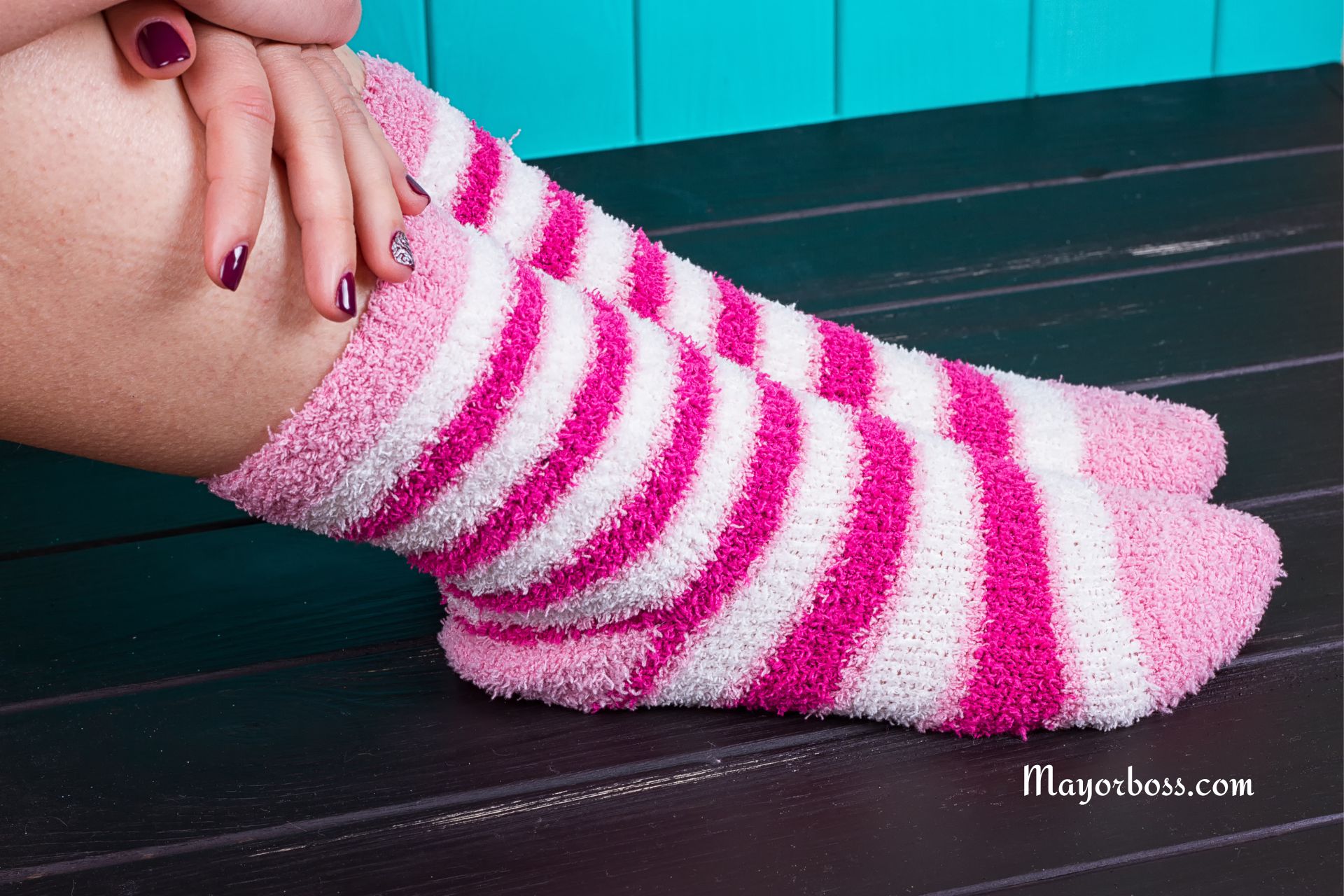Can You Get Herpes From a Toilet Seat?
Can you get herpes from a toilet seat? You will not get herpes from toilet seats. The idea of catching herpes from a toilet seat is a common myth. In reality, the herpes simplex virus (HSV) is a fragile organism that doesn’t survive well on inanimate surfaces. Transmission usually occurs through direct skin-to-skin contact, not from toilet seats.

What Is Herpes?
Can you get herpes from a toilet seat? Herpes is a viral infection caused by the herpes simplex virus (HSV). There are two main types: HSV-1, which usually causes oral herpes, and HSV-2, which is primarily responsible for genital herpes. Common symptoms include painful sores, itching, and burning sensations.
How Is Herpes Transmitted?
The herpes virus is typically spread through close personal contact. This means that the primary routes of transmission include:
- Kissing someone with a herpes sore on their mouth
- Sexual contact with someone who has genital herpes
- Sharing personal items like lip balm or razors with an infected person
In people with weakened immune systems, the virus can be more easily transmitted, but generally, direct skin-to-skin contact is necessary.
The Toilet Seat Myth
You’ve probably heard horror stories about catching all kinds of diseases from toilet seats. But when it comes to herpes, the science tells a different story. The herpes virus is highly sensitive to environmental conditions and breaks down quickly when exposed to air, heat, or dry surfaces.
Why Toilet Seats Are Unlikely Culprits
Here’s why you shouldn’t fret about catching herpes from a toilet seat:
- Short Lifespan on Surfaces: The herpes virus can’t survive long on inanimate objects.
- Lack of Direct Contact: Most of the time, the areas of your body that would contract herpes (mouth, genitals) don’t even touch the toilet seat.
- Environmental Factors: Toilet seats are not an ideal environment for the virus to survive or thrive.
Expert Opinions
According to medical experts, there are no documented cases of herpes being transmitted through a toilet seat. The Centers for Disease Control and Prevention (CDC) also states that herpes is almost always transmitted through direct contact with infected bodily fluids or sores, not from surfaces.
Other Unlikely Sources of Transmission
Besides toilet seats, you may have concerns about other public places or items. Examples of these include swimming pools, towels, and gym equipment. While it’s always a good idea to maintain good hygiene, these are generally not sources of herpes transmission.
Takeaway: Know the Facts
So, can you get herpes from a toilet seat? The answer is a resounding no. The herpes virus doesn’t fare well outside the human body, making it highly unlikely to catch it from a toilet seat or any other inanimate object. To protect yourself from herpes, focus more on direct interactions with people who might be infected and less on the surfaces around you.
Frequently Asked Questions
Can I Get Herpes from Kissing Someone?
Absolutely, kissing is one of the most common ways to transmit herpes, especially HSV-1, which is responsible for oral herpes. If you kiss someone who has an active herpes sore or is shedding the virus, you’re at a higher risk of catching it. So, if you see a cold sore, it’s best to avoid any lip-locking.
What About Sharing Utensils or Lip Balm?
Sharing items that come into contact with the mouth can also spread herpes. If someone with an active outbreak uses a fork, spoon, or lip balm and you use it shortly after, you could potentially contract the virus. It’s always a good idea to have your own personal items and not share them, particularly with someone showing symptoms.
Can Herpes Be Cured?
Unfortunately, there is currently no cure for herpes. Once you get infected with the virus, it stays in your body for life. However, antiviral medications can help manage symptoms and reduce outbreaks. Even when you’re not showing symptoms, it’s possible to transmit the virus, so it’s crucial to take precautions.
Is It Safe to Have Sex If I Have Herpes?
Having herpes doesn’t mean your sex life is over, but it does mean you need to take extra precautions. Using condoms can reduce the risk of transmission, but it’s not foolproof since herpes can infect areas not covered by a condom. It’s also essential to avoid sexual contact during active outbreaks and to inform your partner about your condition.
Can I Prevent Getting Herpes?
While there’s no 100% effective way to prevent herpes, several methods can reduce your risk. These include using condoms during sexual activities, avoiding contact with active sores, and not sharing personal items like razors or lip balm. Additionally, there is ongoing research into vaccines and other preventative measures, but as of now, being cautious is your best defense.
Further Reading: Can You Get Herpes from Kissing?






